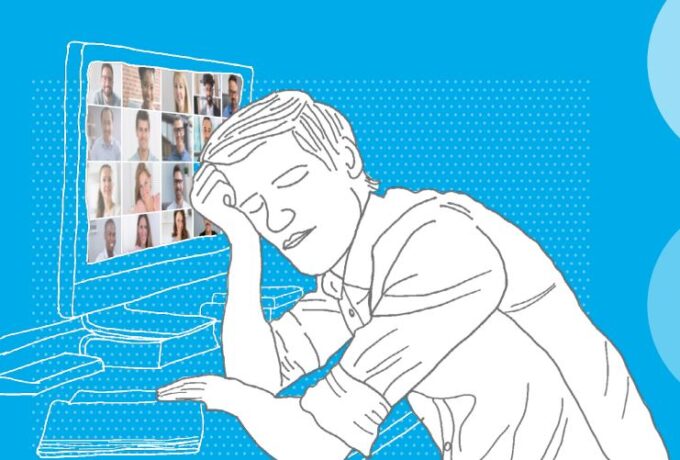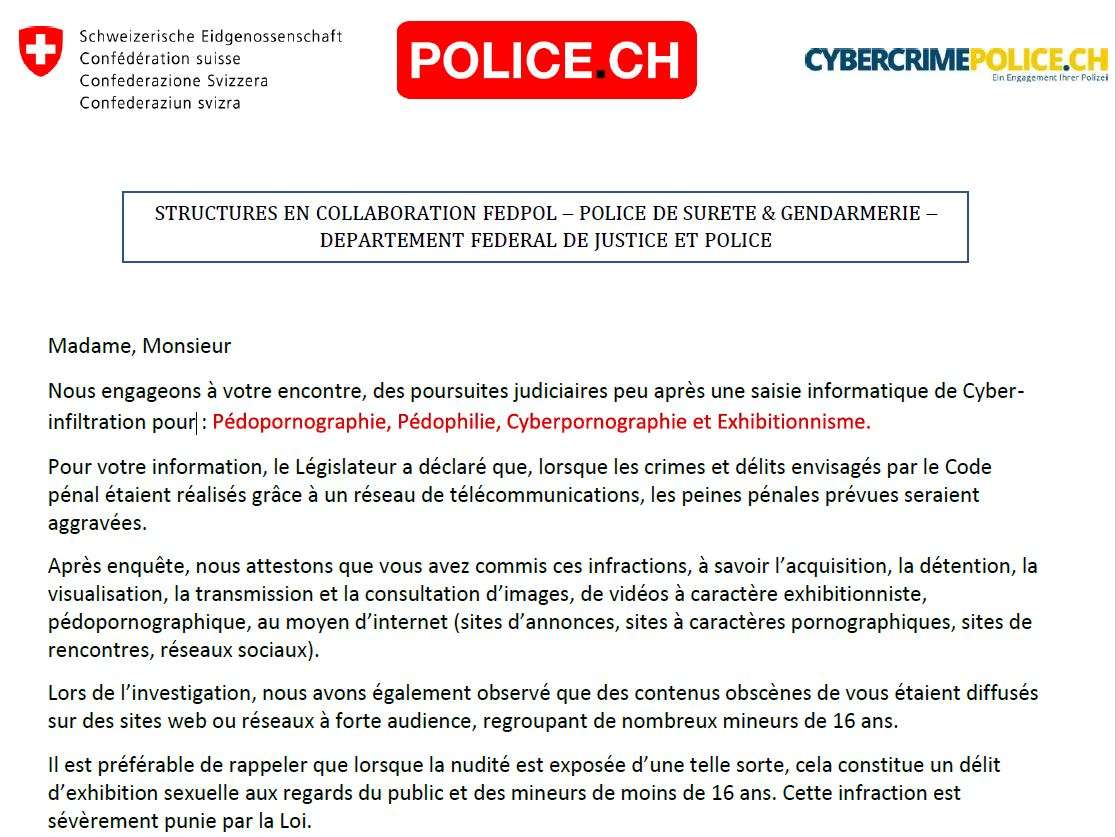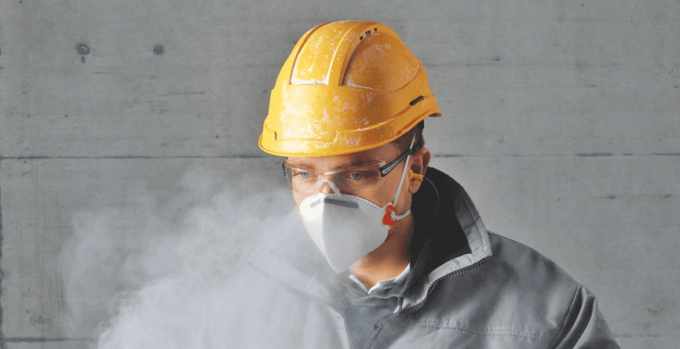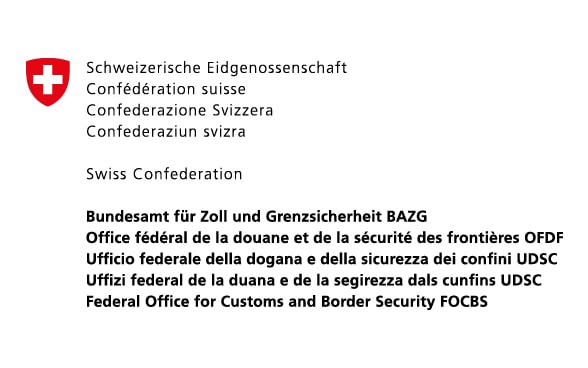Practical tips against "zoom fatigue
Online meetings have become inevitable in the age of the home office. However, considerable symptoms of fatigue can occur when video conferences are held many times and for too long. A practical aid from the German Social Accident Insurance (DGUV) provides an overview of causes and symptoms.

Many successive zoom meetings can overload employees in the home office. Fatigue and exhaustion are the result, especially since the human brain can only absorb a certain amount of information.
If the work environment in the home office is also noisy and there are few retreats for undisturbed video conferencing, such a permanent state can also lead to symptoms of fatigue, because the human brain, like the working memory of a computer, only has a limited capacity to temporarily store a large amount of information.
Schedule more breaks between meetings and shorter conferences
The German Social Accident Insurance (DGUV) has published a practical aid as a free PDF booklet on its website, which is intended to encourage deeper reflection on one's own behavior when conducting online meetings.
The booklet summarizes how a "zoom fatigue" syndrome manifests itself, points out the physical stress factors and lists some concrete tips on possible measures: for example, by planning shorter meetings, optimally setting up the hardware for trouble-free operation, planning various breaks between meetings and how to consciously change the screen view, since the self-view unsettles some participants. The bottom line is that these are simple measures that can reduce fatigue syndromes.
The practical aid Check-Up "Zoom-Fatigue" is barrier-free as PDF under this link available.
Source: DGUV

















